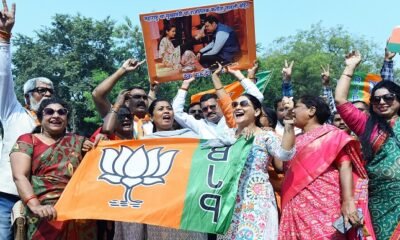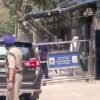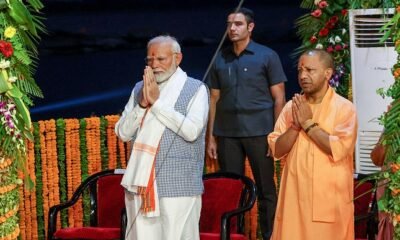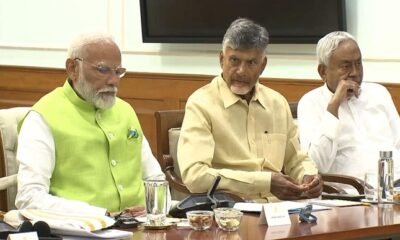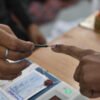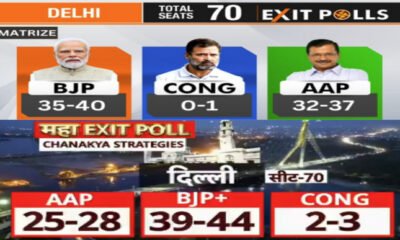National
Prevention of Damage to Public Property Act (PDPPA)
By – Nisha Sharma
India has had a long history of public property being vandalized during protests. In recent times, there has been a sudden surge in the number of such incidents- despite there being a law to protect public property- making it crucial to discuss the consequences and implications of this law.
Prevention of Damage to Public Property Act (PDPPA) that came into force on 28th January 1984 punishes anyone who commits mischief by doing anything with respect to any public property, with a jail term up to five years and a fine or both. However, the problem with it is that it only provides for individual liability for causing damage. The 1984 Act relating to damage of public property does not impose any form of collective liability on groups which may engage in such actions. With the rise in the number of mob violence incidents, a need was felt to amend the existing law.
In 2008, communal riots in Bhainsa, Andhra Pradesh led to large scale destruction of public property. Realizing that the present law was inadequate and ineffective to deal with the increasing instances of damage to public property, the Supreme Court setup two committees headed by former apex court judge K.T. Thomas and Senior advocate Fali Narim to suggest amendments in the PDPPA, 1984.
Fight against Coronavirus – problems within
The Thomas committee recommended reversing the burden of proof against protestors while The Norman Committee recommended that rioters would be made liable for the damages done and compensation be collected to make good the damage.
Amendment to the Act (2015) added the provision to make the leaders of the organization, which calls the direct action, guilty of abetment of the offence. Once it is proved that the public property has been damaged in a direct action called by an organization and that the accused also participated in it, the burden can be shifted to the accused to prove his innocence. In a first, the Uttar Pradesh government has decided to make rioters in the anti CAA- NRC protests liable to pay for the damages done to public property. It was soon followed by Arunachal Pradesh as The Arunachal Pradesh Property (Prevention of Damage and Loss) Bill 2020 got the assent of the State Assembly. These measures have led to widespread backlash as they are seen as a method to suppress dissent!
Dissent has always been the essence of a democracy. However, protests-turning-violent is also a harsh reality. Cauvery water dispute (2016), Jat quota protests (2016), Dera Saccha Sauda violence (2017), Sabarimala protests (2018), Anti CAA protests in various places throughout the country (2019), protests against Permanent Residence Certificate in Arunachal Pradesh (2019) and many other such cases have costed humongous losses to the government due to large scale damage to public property when these protests descended to violence!
Coronavirus Outbreak: Celebrities donate to grapple with the crisis
While, there can’t be rights without there being corresponding duties, as rights and duties are jural correlatives, yet, how justified is it to slam a protestor with a monetary punishment considering it is mostly the marginalized/ deprived communities that bear the brunt of such laws? The process of identification of protestors remains difficult, especially in case of a lack of a leader. In almost all such cases the top leaders who really instigate such violence keep themselves in the background and only the common members or grass root level followers of the organisation would directly participate in the direct actions and they alone would be vulnerable to prosecution proceedings. Journalists, activists and artists remain especially vulnerable as they attempt to speak truth to power.
Moreover, considering the population dynamics of India- where 22% of the population still lives under extreme poverty (according to 2011 census) – a monetary punishment like this will only discourage opposing voices in the country.
Today we favor democracy as the most acceptable form of governance because a citizen has a right to dissent without fear of victimization- as long as such dissent does not lead to inhuman or unconstitutional action. Being one of the largest democracies of the world, India has the additional responsibility to safeguard its dissenting voices. Amendments in laws like these – although needed – come with the tradeoff of adversely affecting the power to dissent. Today, the importance of dissent has been visible more than ever, with the country witnessing large scale protests against issues like fee hike in JNU, police brutality during various protests, CAA- NRC, Permanent Residence Certificate to non tribal communities in Arunachal Pradesh, to quote a few.
The history of progress of mankind is a history of informed dissent; major reforms and changes in the society have been a reflection of such dissent. Any step that discourages/ penalize opposing voices will do more harm than good in the long run!



